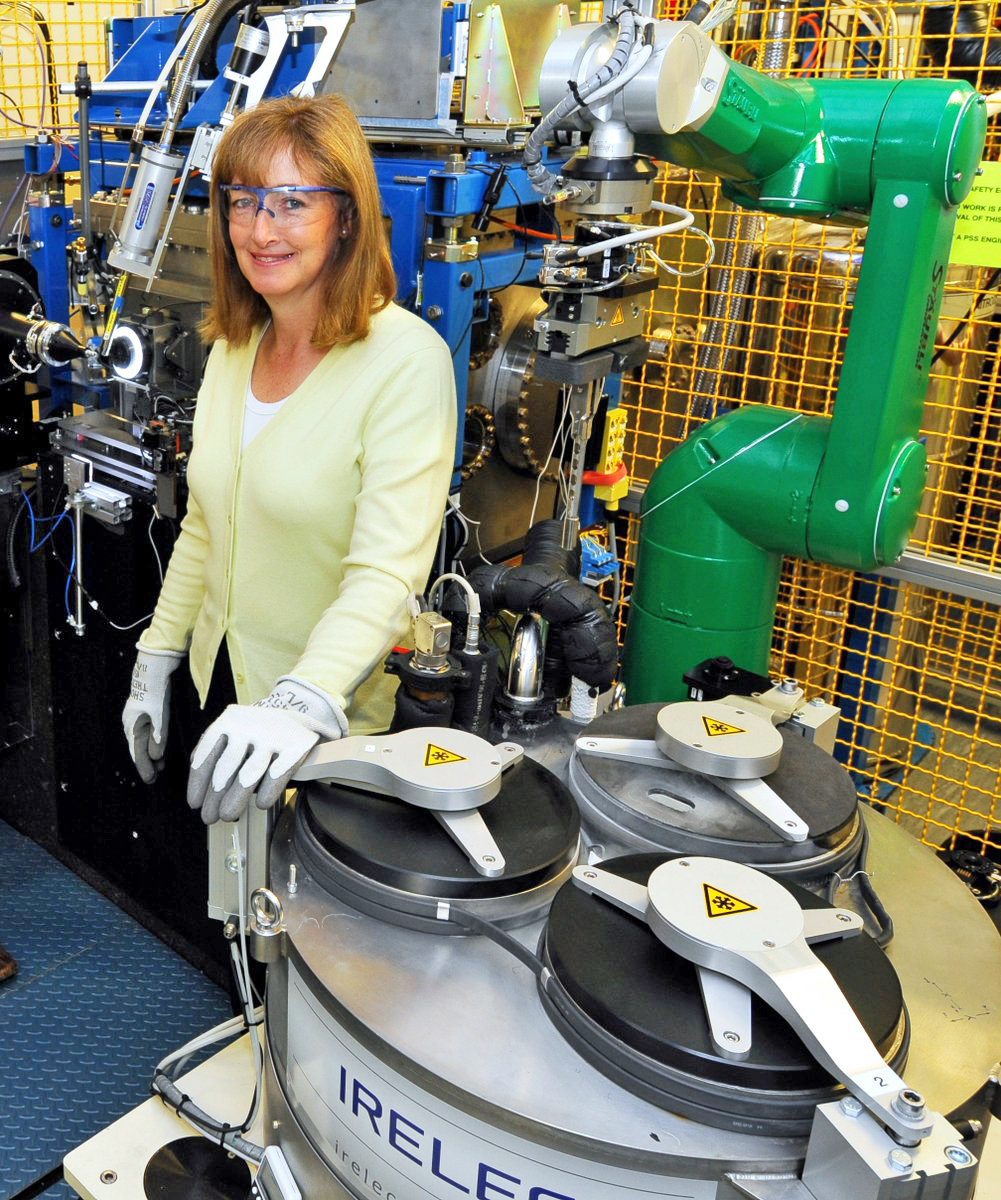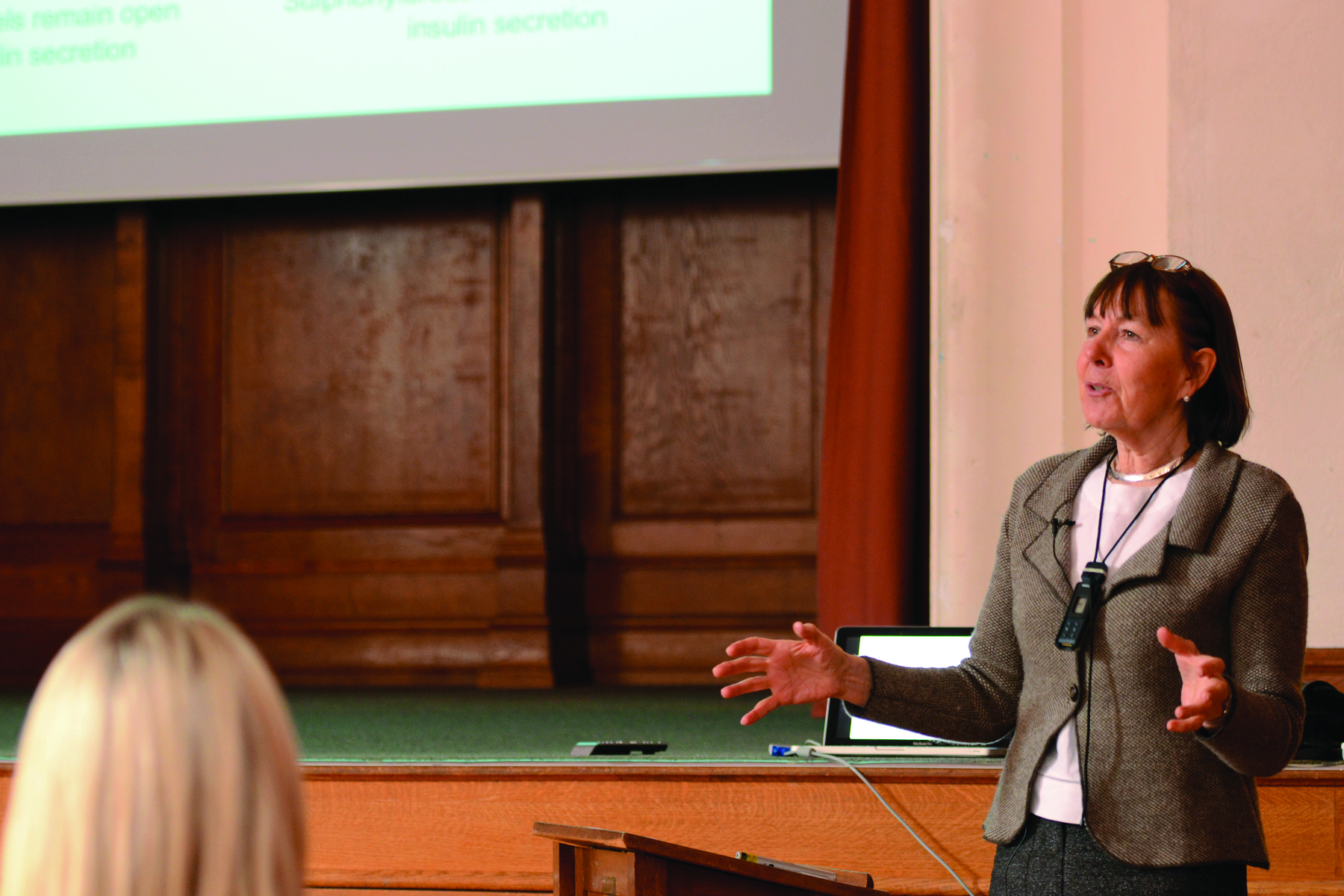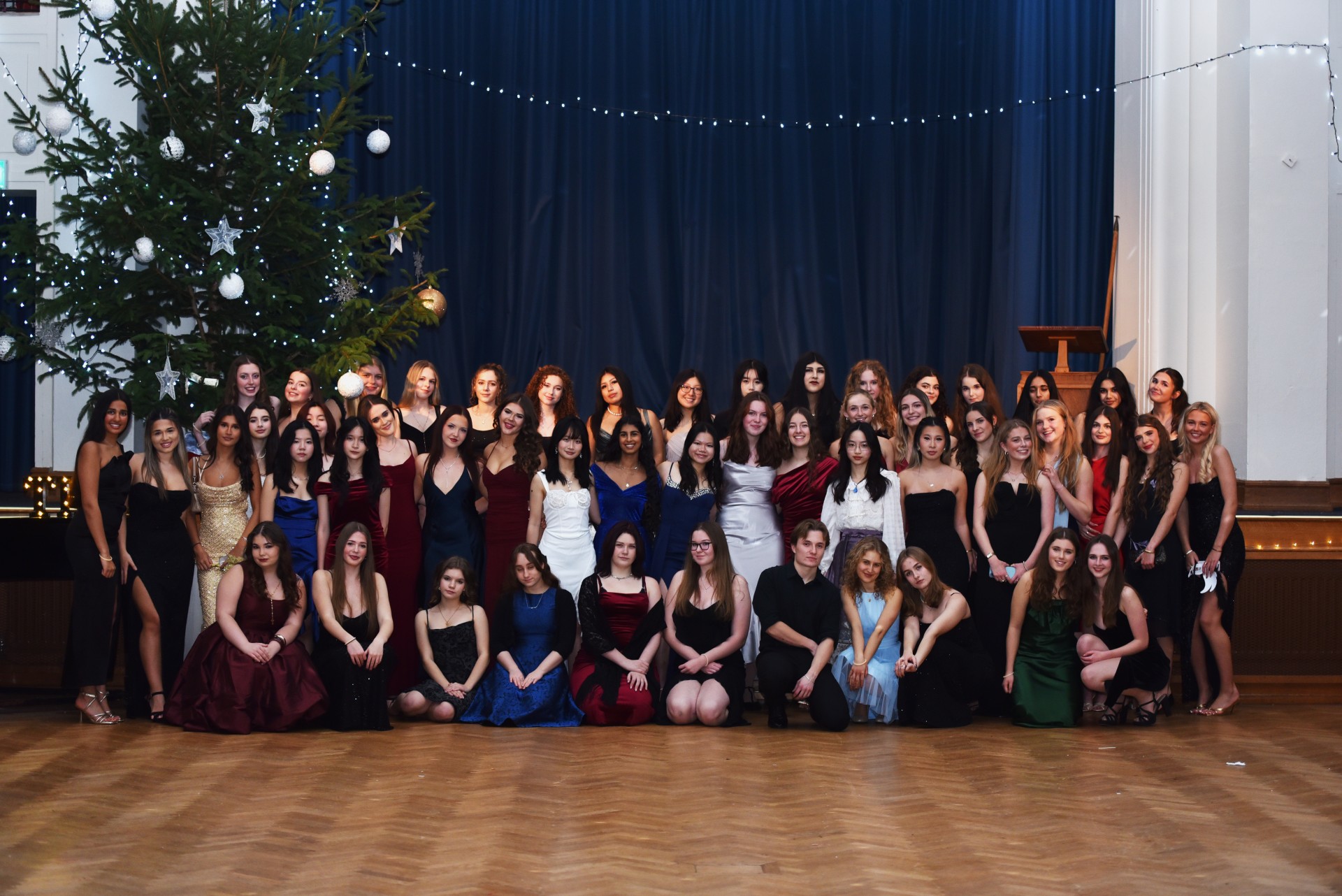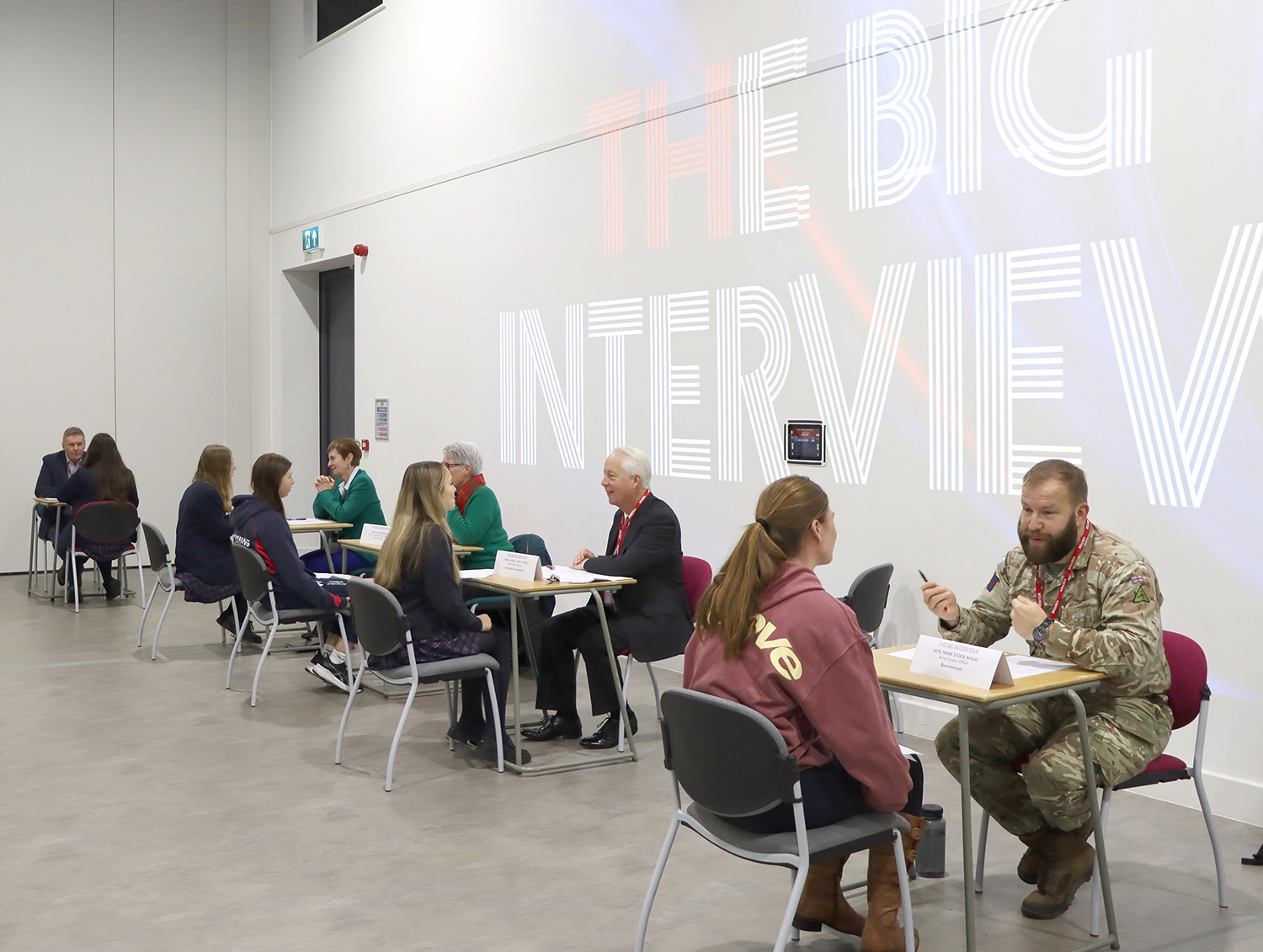‘Science knows no country, because knowledge belongs to humanity, and is the torch that illuminates the world’ – these words of Louis Pasteur underpin our determination at Talbot Heath to foster scientific literacy across our whole school community.
Our interdisciplinary curriculum means that all pupils, from the age of four, are now being taught design thinking, material science, engineering and ethics, alongside their core science course. Our belief is that in order to master the challenges of the future and keep pace with technological change, all pupils, regardless of their final career paths, need a thorough grounding in STEM subjects. Our youngest pupils are devising ways for the three bears to design chairs that will support Goldilocks and for the three goats gruff to construct their own bridge, thereby avoiding the troll. Our middle years pupils are being taught Computer Aided Design. Year 9 pupils have STEAM lessons built into their curriculum, during which they come up with practical design solutions for the school and our STEM clubs continue to blaze a trail, entering and winning competitions involving car and boat design. Our future medics will be given the opportunity to learn surgical techniques at our Operating Live event and all our pupils will benefit from our new holographic and augmented reality studios in our new STEAM building that opens in April 2019. To quote Lord Professor Robert Winston:’ Scientific literacy has never been so crucial. If we are to make sound ethical judgements, in a world that is changing astonishingly fast, then our younger generations must be scientifically literate.’
Former pupils
Dr Fiona Marshall
Fiona has spent her career in the discovery of drugs for a range of different diseases. She founded a Biotech company called Heptares Therapeutics that uses modern techniques in structural biology, biophysics and computing to design drugs to perfectly fit their targets in the human body. Heptares is one of the UK’s leading Biotech companies and has discovered drugs which are being developed for Alzheimer’s Disease, schizophrenia, cancer and migraine. Fiona has won numerous accolades and awards, including the 2012 WISE Women of Outstanding Achievement for Innovation and Entrepreneurship, The Royal Society of Chemistry’s Malcolm Campbell Prize.In 2017 she was the first person outside the USA and first woman to be awarded the John Daly Prize from the US National Institute of Health (NIH).

Professor Dame Frances Ashcroft
GlaxoSmithKline Royal Society Research Professor, Department of Physiology, Anatomy and Genetics University of Oxford; Fellow of Trinity College.
Professor Dame Frances Ashcroft developed her love of science while a pupil at Talbot Heath School. She now researches ion channels, a type of membrane protein in cells, to find out how they contribute to diabetes. She focuses on the role which certain ion channels play in insulin secretion, in both health and disease. She is interested in the function and structure of ion channels, how cell metabolism regulates channel activity, and how genetic mutations can cause changes to the ion channels and contribute to human disease. The ultimate goal is to shed light on the way that increased blood sugar stimulates the release of insulin from the cells in the pancreas, what goes wrong with this process in type 2 diabetes, and how drugs used to treat this condition exert their beneficial effects. Her groundbreaking research has led to significant breakthroughs in the management of Type 2 diabetes.
In November 2011 Dame Frances was named 2012 European Laureate in the L’Oreal-Unesco For Women in Science Awards. Alongside her research, she has written textbooks and popular science books including The Spark of Life: Electricity in the Human Body and Life at the Extremes.



